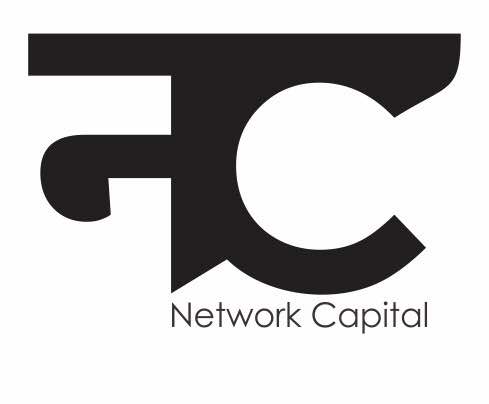Course: Practical History of the World
Who is this course for?
1
Curious minds
Curious minds who want to make sense of the rapidly evolving world through the lens of history
2
Leaders
Leaders who spent a part of their time making complex decisions, and want to get better at it.
3
Young professionals
Young professional who want to learn mental models to navigate the complex world of work.

